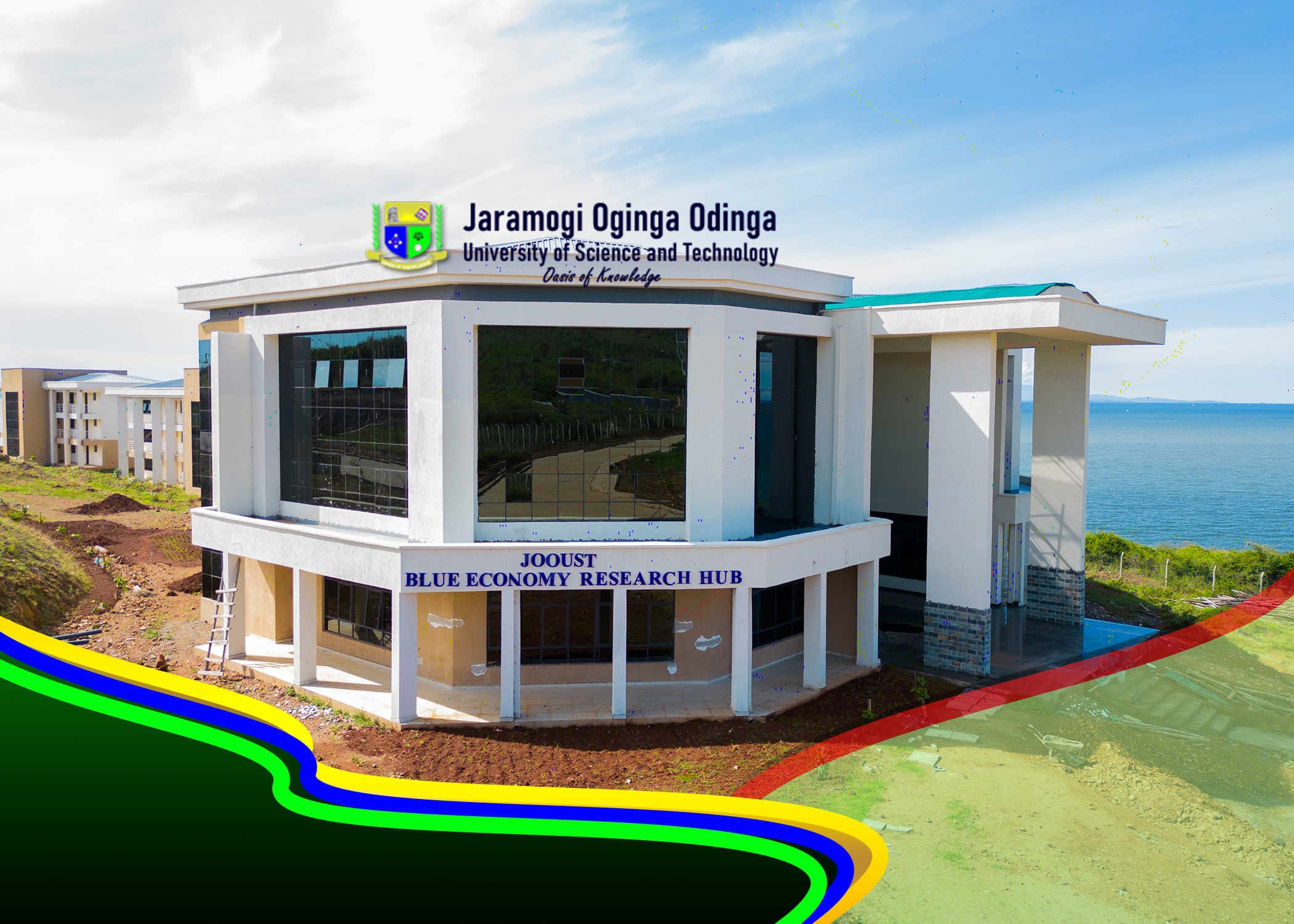The Erasmus CHAIN project aims to develop a competency-based Master’s curriculum focusing on the Holistic Agriculture and Food Value Chain (FVC) at six partner higher education institutions. The primary objectives include determining relevant content for the Master’s program, identifying institutional procedures for accreditation, and enrolling the first cohort of students by the end of the third year. The project employs comprehensive needs assessments, fieldwork, focus group discussions, and stakeholder meetings to tailor the curriculum to address the challenges and opportunities within the agricultural sector.
Cooperation for Holistic Agriculture Innovation Nests in Sub-Saharan Africa (ERASMUS CHAIN)
Projects

Project Summary
Principal Investigator(s)
- Prof. Christopher Obel-Gor (Jaramogi Oginga Odinga University of Science and Technology)
Funding Source
- European Education and Culture Executive Agency (EACEA)
- Grant Amount: EUR 547,276.80
Key Activities and Milestone
- Needs Assessment Fieldwork: Conducted in eight Kenyan counties to evaluate agricultural challenges.
- Data Analysis and Validation: Comprehensive analysis of fieldwork data completed in March 2024.
- Course Content Development Meeting: Held in April 2024 to develop the curriculum content.
- International Capacity Building Workshop: Conducted at Triesdorf University in February 2024.
- Stakeholder Consultative Meetings: Ongoing discussions with stakeholders to refine curriculum content.
- Curriculum Accreditation Process: Scheduled presentations and approvals through various academic and regulatory bodies from April to August 2024.
- The CHAIN Hackathon Workshop took place in Wroclaw, Poland, from 23rd to 28th September 2024. It brought together six African universities to develop digital solutions for agricultural value chain challenges, featuring hackathon sessions, mentorship, and a field visit to Barycz Valley.
- The CHAIN Project training took place at Iasi University of Life Sciences, Romania, from 12–17 May 2025. It involved workshops, value chain mapping, stakeholder engagement, and technical visits to enhance JOOUST’s capacity in sustainable agricultural innovation and international collaboration.
Impact and Relevance
The Erasmus CHAIN project is poised to significantly impact agricultural education and practices in Sub-Saharan Africa. By developing a curriculum that integrates practical training, innovative technologies, and entrepreneurial skills, the project aims to produce graduates capable of addressing the complexities of the agricultural value chain. The collaboration between educational institutions and industry ensures the curriculum’s relevance and sustainability, ultimately contributing to food security and economic development in the region.
Publications
Members

Prof. Christopher Gor
Project Coordinator
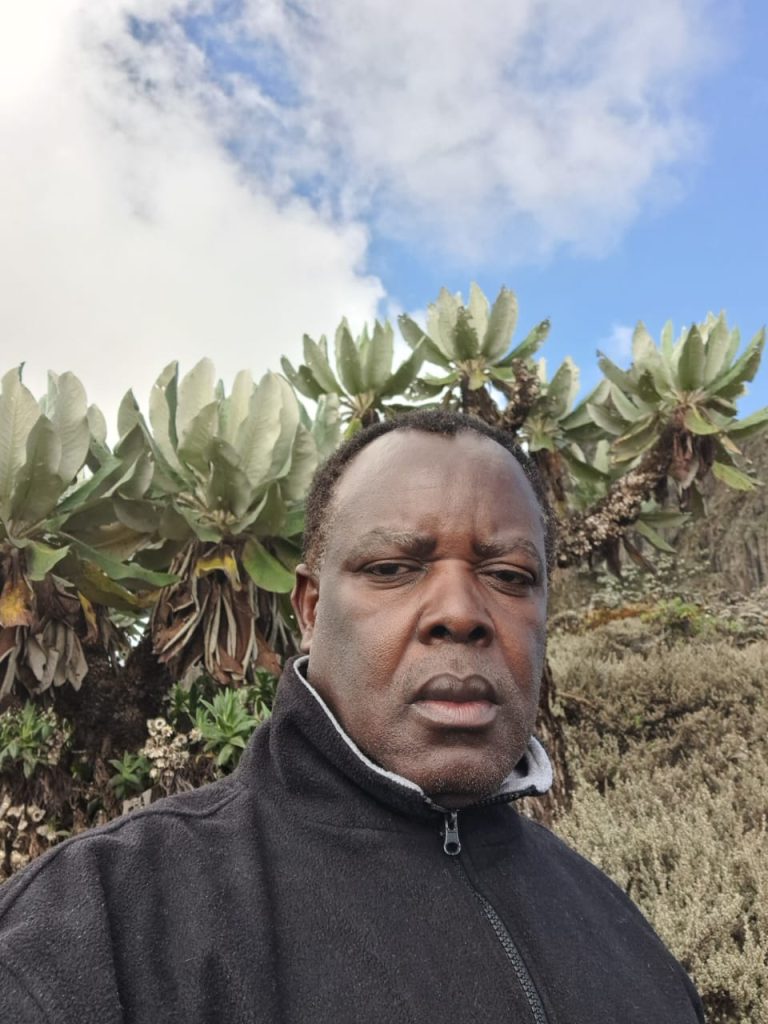
Prof. Denis Ochuodho
Member
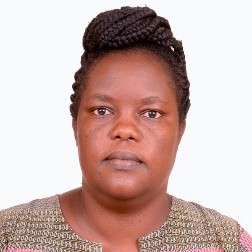
Dr. Mary Orinda
Member

Prof. Erick Okuto
Member
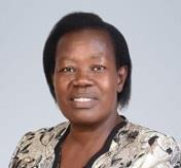
Dr. Matilda Auma
Member
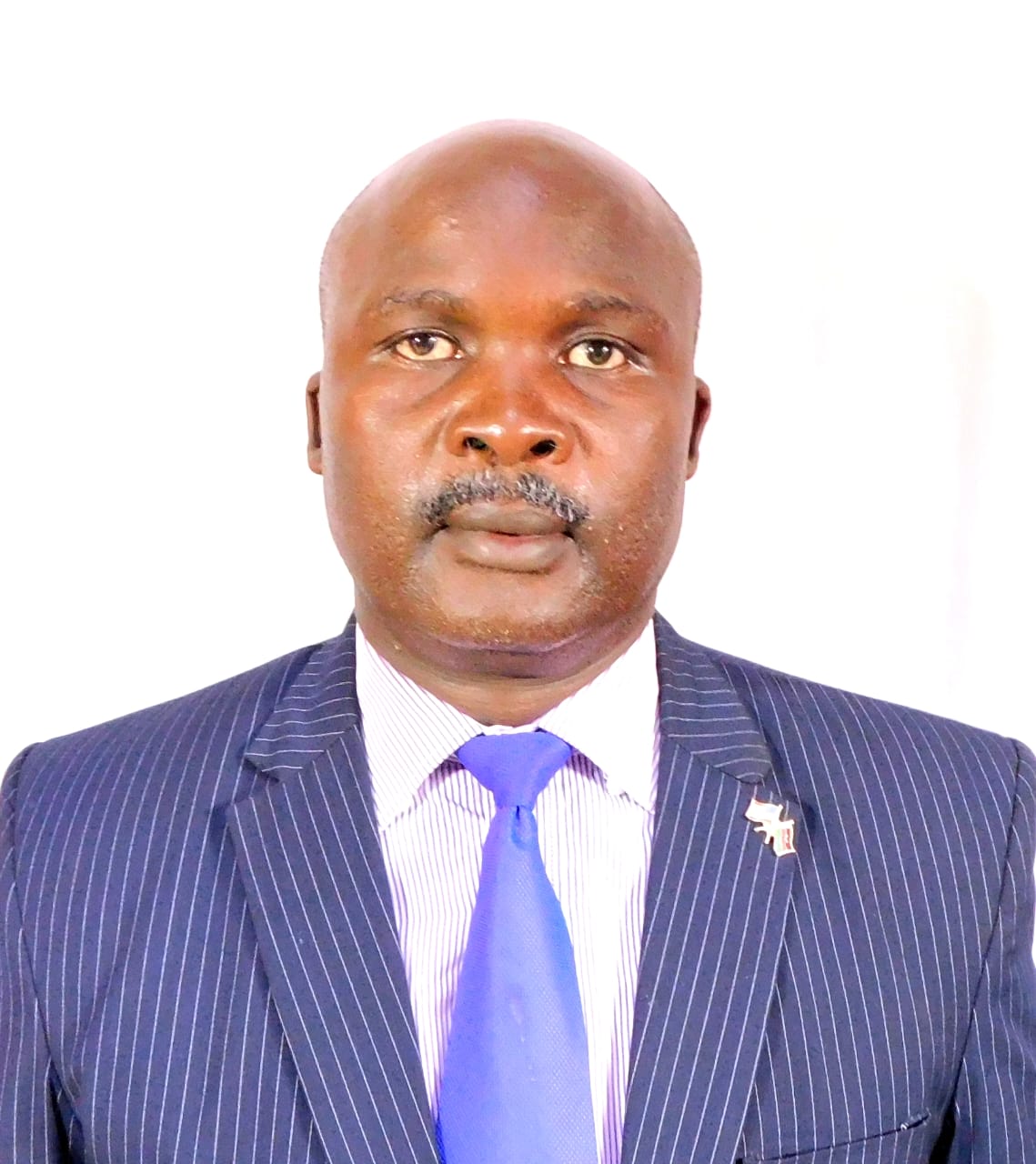
Prof. Silvance Abeka
Member

Mr. Samwel Ohanga
Project Manager

